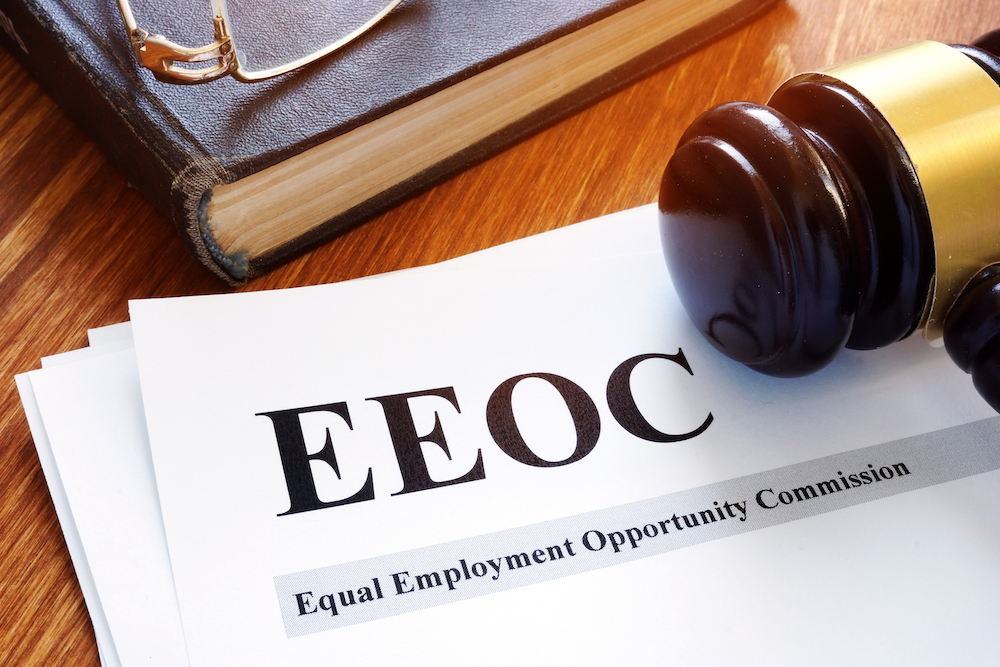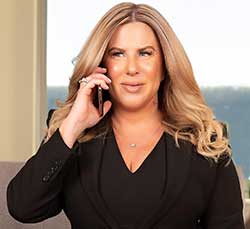By Claudia Pollak, Esq., Updated October 19, 2020
What are the rules for acknowledging charitable contributions?
Tax-exempt, nonprofit charitable organizations that engage in fundraising in Connecticut are subject to IRS regulations concerning substantiation and disclosure requirements of donations. While the onus is on donors to obtain sufficient written acknowledgment of a contribution, there are requirements applicable to nonprofits to protect the donor’s tax deduction.
Currently, federal tax law requires donors who claim a charitable contribution deduction of $250 or more to substantiate it with a “contemporaneous written acknowledgment” from the charity. Contemporaneous acknowledgment means the donor must receive it either by the date when he or she actually files a tax return or the due date of the return, whichever is earlier.
The acknowledgment must include the name of the organization, the date of the donation, the amount of the contribution, or a description of non-cash contributions. The acknowledgment must also verify that either the donor did not receive any goods or services for the donation or include a good faith estimate of any goods and services that were provided to the donor. Without such an acknowledgment, the donor cannot claim the tax deduction.
What are quid pro quo donations?
A quid pro quo donation is one in which an organization provides goods or services in exchange for a donation greater than $75. These goods or services are typically meals and access to special events. The fair market value of the goods and services must be disclosed in writing in accordance with IRS rules. An organization that fails to acknowledge quid pro quo donations is subject to a penalty by the IRS.
Does my organization need to acknowledge donations?
Other than being fined for not disclosing quid pro quo donations, tax-exempt organizations cannot be penalized by the IRS for failing to provide contemporaneous acknowledgments. However, donors cannot claim the deduction without it. Moreover, while donations of less than $250 can still be deducted without the acknowledgment, it is in the best interest of any charitable entity to acknowledge all donors to foster goodwill and to encourage future donations. In the final analysis, the tax laws, disclosure requirements, and other rules applicable to tax-exempt organizations are complicated and require the advice of a qualified attorney.





